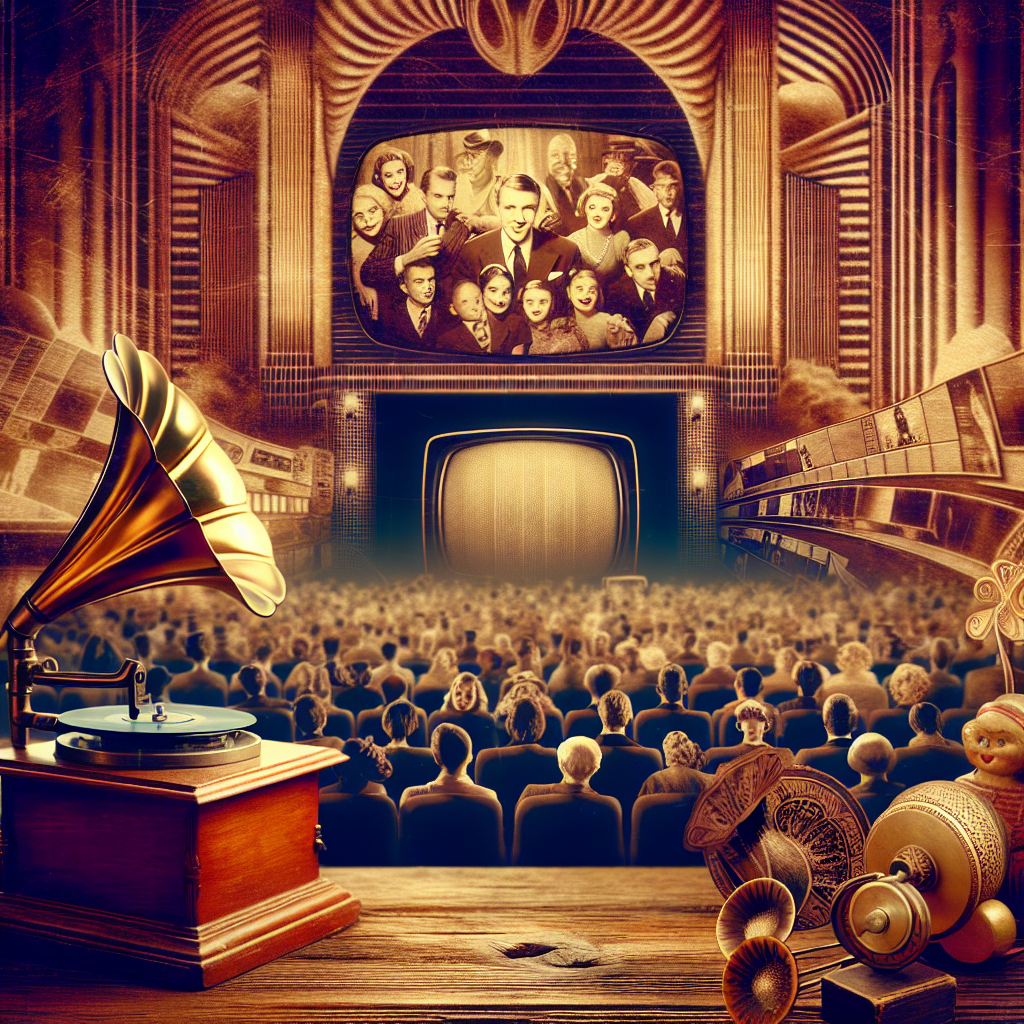Nostalgia is a powerful force in entertainment, shaping the way we consume media and influencing what we choose to watch, listen to, and play. It can be a powerful tool for creators, providing a sense of familiarity and comfort that draws audiences in and keeps them coming back for more. In this article, we will explore the role of nostalgia in entertainment and how it can be used to create engaging and successful content.
Nostalgia is defined as a sentimental longing or wistful affection for the past, typically for a period or place with happy personal associations. In entertainment, nostalgia can take many forms, from remakes and reboots of beloved TV shows and movies to throwback references in new media. It can evoke memories of a simpler time, bring back feelings of joy and excitement, and create a sense of connection between creators and consumers.
One of the most obvious ways nostalgia is used in entertainment is through remakes and reboots. In recent years, we have seen a resurgence of classic TV shows and movies being brought back to life for a new generation of viewers. From “Fuller House” to “Jurassic World,” nostalgia has been a driving force behind the success of these reboots. By tapping into the fond memories that audiences have of the original versions, creators can attract both longtime fans and new viewers who are curious to see how their favorite stories have been updated for the modern era.
Another way nostalgia is used in entertainment is through references and Easter eggs that pay homage to the past. In TV shows, movies, and video games, creators often include subtle nods to popular culture from previous decades, such as iconic catchphrases, retro fashion trends, or classic music tracks. These references can create a sense of shared experience among audiences who remember the original source material, while also providing a fun and rewarding Easter egg hunt for fans who enjoy spotting hidden gems in their favorite media.
Nostalgia can also play a role in shaping the overall tone and aesthetic of a piece of entertainment. For example, many filmmakers and game developers deliberately evoke the look and feel of the 1980s or 1990s in their work, using neon colors, vintage technology, and synthesizer music to create a retro vibe that appeals to fans of that era. By capturing the essence of a bygone time, creators can transport audiences back to a place and mindset that feels familiar and comforting, even if they never actually experienced it firsthand.
Ultimately, the role of nostalgia in entertainment is to create an emotional connection between creators and consumers. By tapping into the shared memories and experiences of a particular time or place, entertainment can evoke strong feelings of nostalgia that resonate with audiences on a personal level. Whether through remakes, references, or retro aesthetics, nostalgia can be a powerful tool for engaging viewers, fostering a sense of community, and building a loyal fan base that keeps coming back for more.
FAQs:
Q: Why is nostalgia such a powerful force in entertainment?
A: Nostalgia is powerful because it taps into our shared memories and experiences, creating a sense of connection and familiarity that resonates with audiences on a personal level. It can evoke feelings of joy, excitement, and comfort, making us feel like we are reliving happy moments from the past.
Q: How can creators effectively use nostalgia in their work?
A: Creators can use nostalgia effectively by understanding their audience’s fondness for a particular time or place, and incorporating elements of that era into their work in a meaningful and authentic way. Whether through remakes, references, or retro aesthetics, nostalgia can be a powerful tool for engaging viewers and creating a sense of emotional connection.
Q: Is nostalgia a good or bad thing in entertainment?
A: Nostalgia can be both a good and a bad thing in entertainment, depending on how it is used. When used effectively, nostalgia can create a sense of comfort and connection that resonates with audiences. However, if relied on too heavily, nostalgia can become repetitive and stale, alienating viewers who are looking for fresh and innovative content.
Q: Are there any downsides to relying on nostalgia in entertainment?
A: One potential downside of relying on nostalgia in entertainment is that it can limit creativity and innovation, as creators may be hesitant to take risks or try new ideas for fear of alienating their fan base. Additionally, nostalgia can sometimes be used as a crutch to appeal to a specific demographic, rather than creating content that is genuinely engaging and original.
